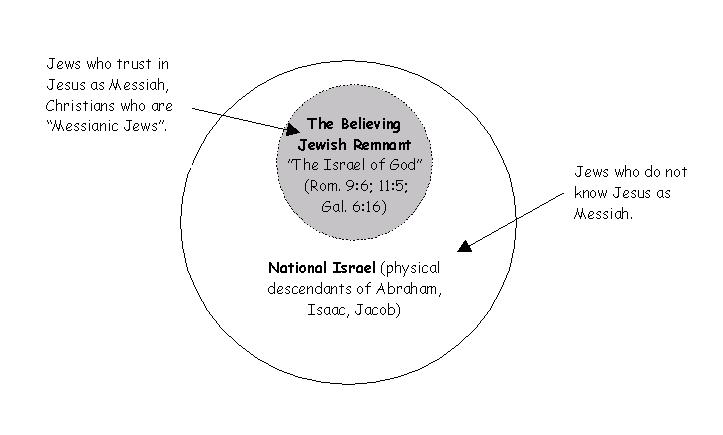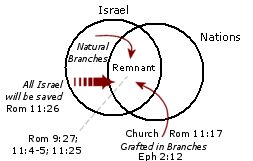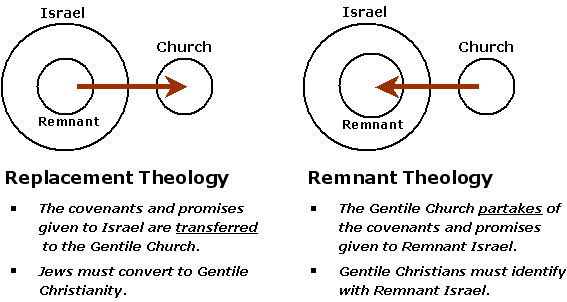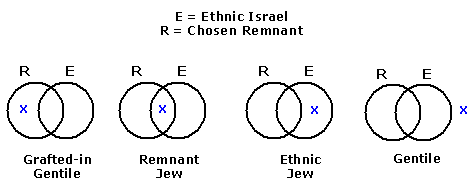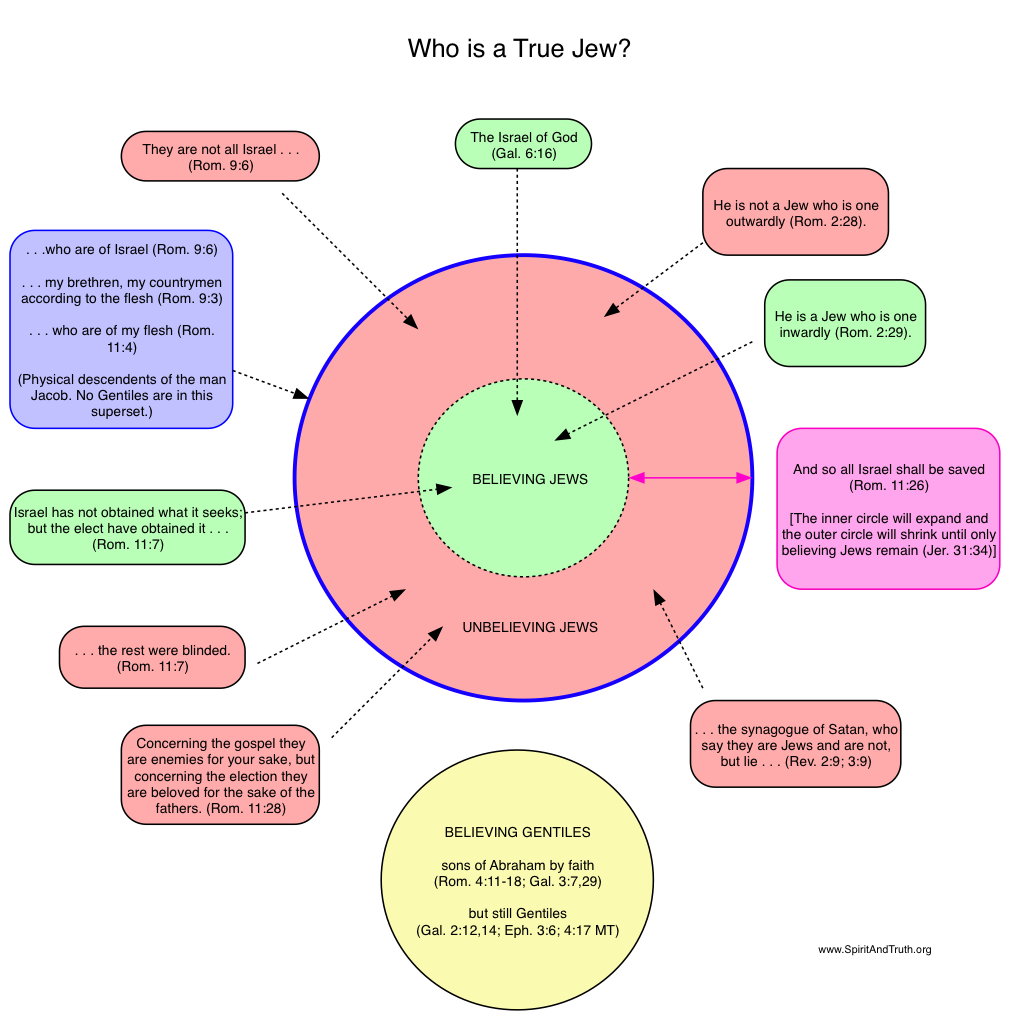- Jan 25, 2009
- 19,767
- 1,429
- Faith
- Oriental Orthodox
- Marital Status
- Private
- Politics
- US-Others
Growing up in the Faith Movement, I never saw any of the Faith teachers saying that faith did not also include the traditional meaning of "trusting in a Higher Power" since they often said that was the kind of faith we were to have in God....and the kind of faith often described in scripture when it came to walking in faith/believing in Him. However, what did happen was that they expanded the definition of faith (paticularly with scriptures like Mark 11 that note having the "Faith of God" or God Kind of Faith where one actively believes with assurance in the same way God does. Brother Troy did an excellent review on the issue in the following:To be even clearer, this would mean that all such acts described in the scripture are passive insofar as God goes, regardless of the 'voice' used in scripture to describe it. This isn't so far fetched as you might think at first glance. Nearly all new revelations have come from redefining word usages in the Bible. Think of how the entire faith movement was born out of redefining what the word 'faith' actually means. Faith went from meaning 'trusting in a higher power' (which God cannot do-there is no higher power) to 'believing that the words you speak will come to pass' (which God is fully capable of-and does regularly). Is this redefinition of words justified? You bet it is, because words change meaning over time (I do not doubt for a minute that satan himself is not encouraging this) and the scripture specifically tells us how to avoid misinterpretation
The meaning of the words doesn't change so much as there is more understanding of how previous understandings can be reconciled with new ones.
One thing that I do think has to always be remembered is that even when it comes to the nature of Christ revealing the character of God, it is fascinating to see how Christ NEVER dismissed what the OT said or said it was all wrong - something that often happens whenever it comes to others saying Jesus was against all that happened in the OT (i.e. God sending the Plagues on Egypt, God punishing the Israelites with Fire from the Lord's Presence, Sending Enemies when they turned to idolatry and other scenario where he created or uses destruction in an active sense to illustrate a point/demonstrate His Holiness or Wrath against sin, etc.). He came to show Grace and what was not made available with the Israelites before.20 knowing this first, that no prophecy of the scripture is of any private interpretation. 21 For the prophecy came not in old time by the will of man: but holy men of God spake as they were moved by the Holy Ghost.
-II Peter 2:20-21
Or, in other words, to put it in DanSpeak, "No word, phrase, passage or story in the Bible can be interpreted by modern, evoluted language definitions. Rather, every word, phrase, passage or story in the Bible must be interpreted in light of their contextual use by the Holy Spirit in the greater context of the scriptures which were imparted to holy men of God down through the ages".
You have to start with the nature of God; and that nature is revealed most accurately in the life of Jesus. I agree with the following posting that Gxg made:
Gxg (G²);66820577 said:Christ is ultimately the end goal of all the Scriptures and all things have to point back to how He saw things - with Him often noting the original intent behind how things were and how they were to be seen in relation to him.
Although it seems he draws a slightly different end result from that affirmation than I do. Reading through the gospels, I do not see a God (as manifested in Christ) that creates or uses evil/death/destruction in an active sense anywhere.
Once you determine that the nature of God does not allow for these things, you can interpret what actions are passive and what actions are active by measuring them against that yardstick. God is perfect and holy in all His ways; and the originator and administrator of good in all its forms, including the application and enforcement of the blessing. Satan is the originator and administrator of evil in all its forms, included the application and enforcement of the curse itself.
We truly have a BETTER Covenant in Christ - and others like the pastor I grew up in within the Faith Movement (Pastor Jason Kerr, of Lester Sumrall ministries - with Pastor Jason being on TBN a couple of times, verification here ) preached on it many times - more shared here as well as here:
to see his presentation on God's grace:
- - 2010 Grace Revisited Two 3-14-2010
- - 2010 Grace Revisited Three 3-14-2010
- - 2010 Grace Revisited One 3-14-2010
- - 2012 Freedom in Grace One Part A 12-2-2012
- - 2012 Freedom in Grace One Part B 12-2-2012
- - 2012 The Grace Effect One Part A 12-9-2012
- - 2012 The Grace Effect One Part B 12-9-2012
- - 2012 Jesus Christ Our Foundation Five UNCUT 8-26-2012
- - 2012 Jesus Christ Our Foundation Four Part A 8-19-2012
- - 2012 Jesus Christ Our Foundation Four Part B 8-19-2012
- - 2012 Resurrection Sunday The Stone UNCUT 4-8-2012.mp4
- - 2012 Jesus Christ Our Foundation Six Part A 9-23-2012.mp4
- - 2012 Jesus Christ Our Foundation Six Part B 9-23-2012
- - 2012 Jesus Christ Our Foundation Seven Part A 9-30-2012
- - 2012 Jesus Christ Our Foundation Seven Part B 9-30-2012
Other people I grew up with within the Faith Movement have said the same....others coming to mind being people like Judah Smith (son of the late Pastor Wendell Smith), who has worked with others in the Faith Movement, is very big on trusting God by faith and who has often pointed out whenever it comes to the grace we have been given in Christ:
http://www.youtube.com/watch?v=Ko5txGuaD2s
http://www.youtube.com/watch?v=GnasoUSY780
http://www.youtube.com/watch?v=MkOHIF8wePw
Nonetheless, what many forget are that Laws are in CONNECTION/COVENANT - with aspects from the Mosaic Law included in the New Law we have (Law of Christ) rather than us Solely limited to the 613 of the Mosaic Law (just as the Mosaic Law included aspects from the Abrahamic Law and the Adamic Law before it) - all noted in his PDF on the issue of "The Law of Moses and the Law of Christ." and better understood when seeing "The Eight Covenants of the Bible"(more shared here in The Dispensations of God and Dr. Arnold Fruchtenbaum - The Eight Covenants of the Bible). Dr. Arnold said much in Theonomy or Antinomianism? The Law of Moses and The Law of Messiah
We see Christ who noted affirmation (rather than dismissal) for the the Mosaic Law, noting that those teaching against it would be called the least in the Kingdom of Heaven if/when they advocated for not keeping of the "least of these commandments" (Mat. 5:17-19) - and He actually called out the Pharisees whenever they dishonored what God had already said before:
- "Why do you also transgress the commandment of God because of your tradition? For God commanded, saying... `He who curses father or mother, let him be put to death.' But you say..." Matthew 15:3-4
- "For laying aside the commandment of God, you hold the tradition of men..." [Jesus] said to them, "All too well you reject the commandment of God, that you may keep your tradition. For Moses said, 'Honor your father and your mother; and 'He who curses father or mother, let him be put to death.' But you say... hat if anyone declares that what might have been used to help their father or mother is Corban (that is, devoted to God)— 12 then you no longer let them do anything for their father or mother. 13 Thus you nullify the word of God by your tradition that you have handed down. And you do many things like that.”" Mark 7:8-11
Jesus was never against the OT Law since the Lord had commanded it - but He was VEHEMENTLY against the misinterpretation of that law - and where Christ said "You have heard it said 'Eye for an Eye' and 'Tooth for a Tooth'..but I say....", it was him speaking specifically against personal vengence rather than saying God's OT Law was wrong for noting where the death penalty was commanded by God Himself for those transgressing it.
With Christ came grace - and it was His grace that transformed things. Nonetheless, His grace also showed the intent and purpose of the Law and noted it to be beautiful. Jesus noted to them plainly after sharing in parables like Matthew 13:51-53 "
51 Jesus said to them,[e] “Have you understood all these things?”
They said to Him, “Yes, Lord.”[f]
52 Then He said to them, “Therefore every scribe instructed concerning[g] the kingdom of heaven is like a householder who brings out of his treasure things new and old.”
They said to Him, “Yes, Lord.”[f]
52 Then He said to them, “Therefore every scribe instructed concerning[g] the kingdom of heaven is like a householder who brings out of his treasure things new and old.”
If you examine what occurred with the Woman caught in the Act of Adultery, one realizes where Christ did not speak against the Law - but actually used the Law properly by showing how everyone deserved to die due to how all present broke the Law and the penalty (death) was to be applied to everyone since the death penalty is prescribed for both partners in cases of adultery (Lev. 20:10; Deut. 22:22) but only ONE was brought - with there being no concern for justice and meaning that Jesus would have broken the Law/shown disrespect for the Torah if he had approved of their actions (mored shared in the thread called The woman caught in adultery - MJ).
The nature of God was already understood as having multiple levels - with the New Testament showing what was concealed in the Old Testament and the Old Testament showing what was New Testament later revealed (the Old Testament being the New Testament concealed and the New Testament being the Old Testament revealed)....so rather than throwing off old understandings of who God was in the OT, what happened was more revelation given for completion. Jesus did not say "God never advocated punishment or judgement with destruction in the OT" - but said "God did punishment via destruction actively in the OT for these reasons ....and now, this is what you have available in me so that you can appreciate the better Covenant you now get." You don't divorce what you know of history when learning new ideas or concepts - they are all seen in unison in the same way that you consider the development of automobiles and appreciate older models displayed in a museum while also seeing in the same place new models that incorporate what the older ones had..... - and that's something I am glad I was able to discover with seeing how things go together and how the Church understood things to be.
For me, seeing the full nature of God and what he did allow (including moments of destruction He noted of himself as bringing and prescribed in His Mosaic Law), consistency means that I have to interpret according to the text what is either active or passive - and let the text stand for what it is rather than trying to make the text fit what I would prefer because of a view of God that the authors did not really have at the time. Satan may have had moments where he applied the curse to others who were no obediant - but the Scriptures also note that God Himself was the one punishing the people and applying the consequences to them for resisting Him - with Satan absent. And that view being the dominant view within the early Jewish culture and standing for thousands of years long before our time, I have to be faithful to what I see.
Blessings...
Last edited:
Upvote
0



